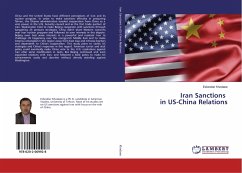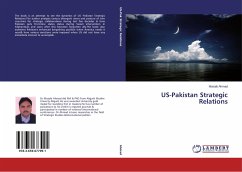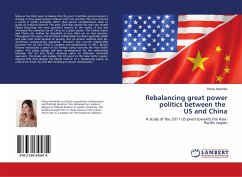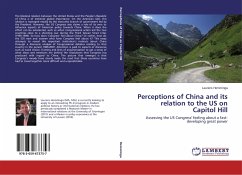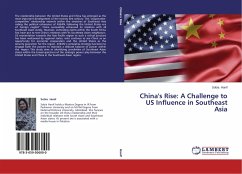China and the United States have different perceptions of Iran and its nuclear program. In order to make sanctions effective in pressuring Tehran, the Obama administration needed cooperation from China as a veto power in the U.N. Security council and as the first trade partner of Iran. Washington tried to make Beijing cooperate with sanctions through bargaining an pressure strategies. China didn't share Western concerns over Iran nuclear program and followed its own interests in this dispute. Beijing even had some interests in a powerful and resistant Iran to challenge US hegemony over the energy-rich Middle East and to make America entangled in this region away from East Asia and Chinese borders and dependent to China's cooperation. This study plans to clarify US strategies and China's responses in this regard. American carrot and stick policy could eventually make China vote to the U.N. resolutions against Iran after some modification in texts. But Beijing continued and even expanded relations with Iran, and followed a bold policy to make US achievements costly and abortive without directly standing against Washington.
Bitte wählen Sie Ihr Anliegen aus.
Rechnungen
Retourenschein anfordern
Bestellstatus
Storno

